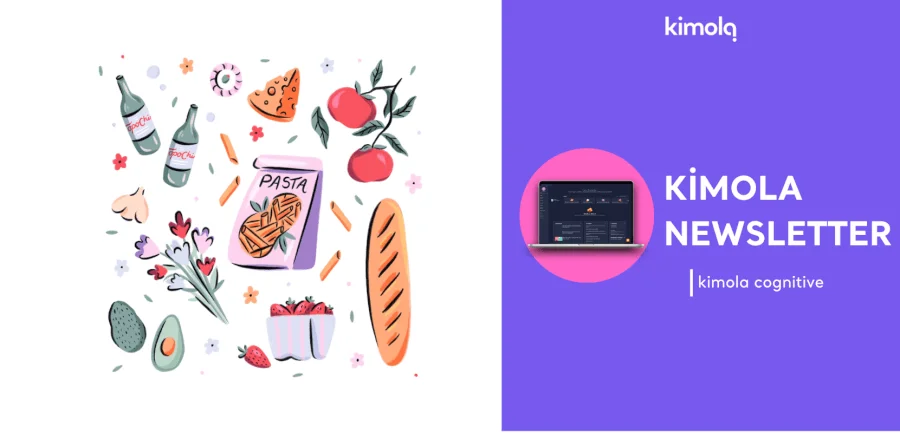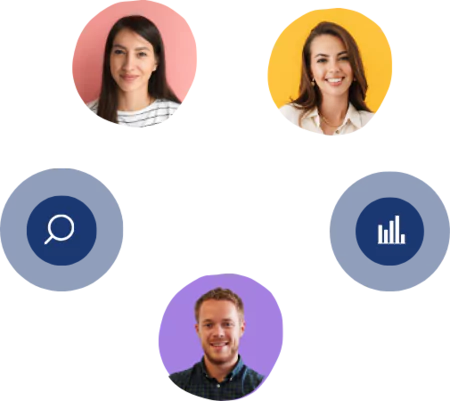Kimola Newsletter | Cognitive 7#: Analyzing yummy texts 🍱

We are gathering news on artificial intelligence, machine learning and Kimola Cognitive's product updates on this newsletter.
Let us know what you think about our newsletter on anything by mentioning us on Twitter @kimolacognitive
Get & Analyze Food Reviews

💁 That's exactly why this model has been designed so that brands can analyze consumer comments on FMCG food products in seconds.
About the Model and Training Set:
🚀 In this model, consumer comments on different food products on e-commerce sites such as Walmart and Amazon; it has been categorized with 6 labels: price, taste, quality, ease of use, size and package.
🎉 Manually tested by our data analysts, the model has a 90% accuracy rate in English.

Stable Diffusion 2.0 is here!
AI Sees Beyond the Brain
iCAD Adopts Google's AI for Chest Imaging
The technology company Google, which plays an essential role in almost every aspect of life, has now set its sights on health technologies. The company forges breakthrough partnerships and technologies, demonstrating its commitment to making a difference in the healthcare industry. Nowadays, adding a new one to these collaborations, the company has signed with the medical technology company iCAD. With this agreement, the research model of artificial intelligence, which will make breast cancer detection and risk assessment much easier and increase its accuracy, has been licensed to iCAD.
7/10 Employees Delegating Tasks to AI
A study conducted in the USA by The Harris Poll on behalf of Macami AI reveals that 72% of employees want to delegate tasks such as invoice management, auditing and simple reporting to artificial intelligence. Employees think that this way, they can focus on more strategic tasks. Also, another study by Deloitte reveals that Generation Z will soon make up more than a third of the world's population. This means that the effects of Generation Z will be visibly felt in business, technology, politics and culture. At the same time, Generation Z believes that artificial intelligence will help them with their work, allowing them to devote more time to their personal lives. This shows the importance of work/life balance for this group. Employers need to consider incorporating AI into their business processes, not only for the enormous cost savings possible by automating large-scale business processes but also for attracting and retaining these employees.








